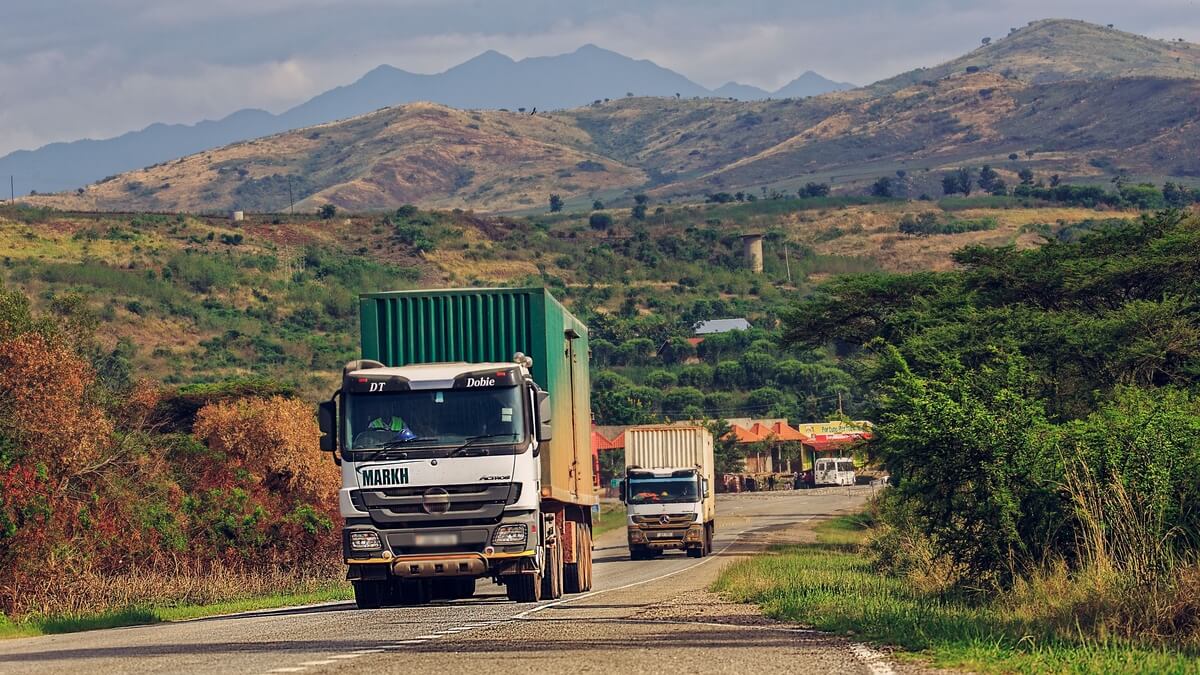
Our Projects are
Transforming African Trade
Quick Contacts
2nd Floor, Fidelity Insurance Centre Waiyaki Way, Westlands

Non-tariff barriers (NTBs), a complex web of regulatory and procedural stumbling blocks, are mounting considerable challenges for businesses within East Africa. These barriers, stretching beyond conventional tariff measures, are stifling the free movement of goods and services, consequently escalating operational costs and hampering trade in the region.
These hindrances are emerging as a formidable threat to the hopes of regional integration among East African nations. The pursuit of a unified market, with its promise of fostering economic growth and competitiveness, is being thwarted by NTBs. The business environment is complicated by these barriers, which discourage cross-border trade and deter potential investors.
The elimination or significant reduction of these barriers is viewed as crucial in realizing the envisioned level of integration. Such a level is expected to stimulate investments, bolster intra-regional trade, and spur economic development in East Africa. However, the persisting presence of NTBs poses a significant challenge to this ambitious blueprint.
In parallel, the Middle East and Central Asia are grappling with a grim climate reality. The regions are witnessing temperatures rising at double the global average, along with increasingly unpredictable and scarce rainfall. These adverse climate conditions are poised to exacerbate existing conflicts and disproportionately affect fragile states. The economic disruption that ensues is set to intensify.
Despite the challenging climate situation, many countries within these regions are initiating measures to mitigate the impacts of climate change. Nevertheless, the need for more ambitious climate action is palpable. Multilateral support is crucial to instigate necessary actions, transfer technical knowledge and policy experiences, and catalyze additional funding sources to meet the region’s extensive adaptation and mitigation climate financing needs.
Meanwhile, African countries are striving to establish themselves as equal stakeholders in global climate summits. The discussion surrounding a just energy transition and climate change finance is gaining momentum. The focus is on securing funds for adaptation and transitioning away from fossil fuel production towards renewable sources. However, the shift brings its own set of challenges, underlining the need for affluent countries to provide financial aid to African nations for infrastructure development and climate adaptation.
Amid these global challenges, the world is observing the delicate balance between economic growth and environmental sustainability. The tension between poverty reduction and limiting global warming is increasingly evident. The need for lower inequality, higher energy efficiency, and decarbonization of energy is emphasized to align development and climate objectives. It is a complex task, but the stakes have never been higher.
Read original article
Disclaimer: The views and opinions expressed in this article are those of the authors and do not necessarily reflect the official policy or position of TradeMark Africa.